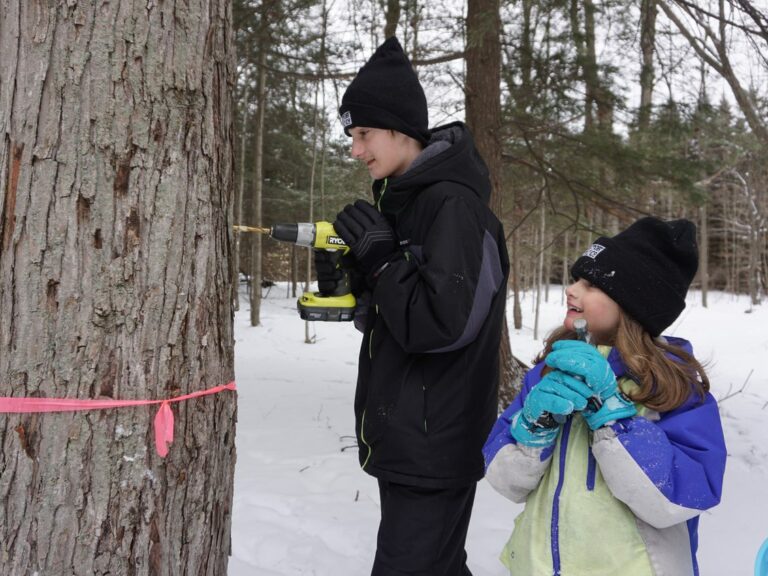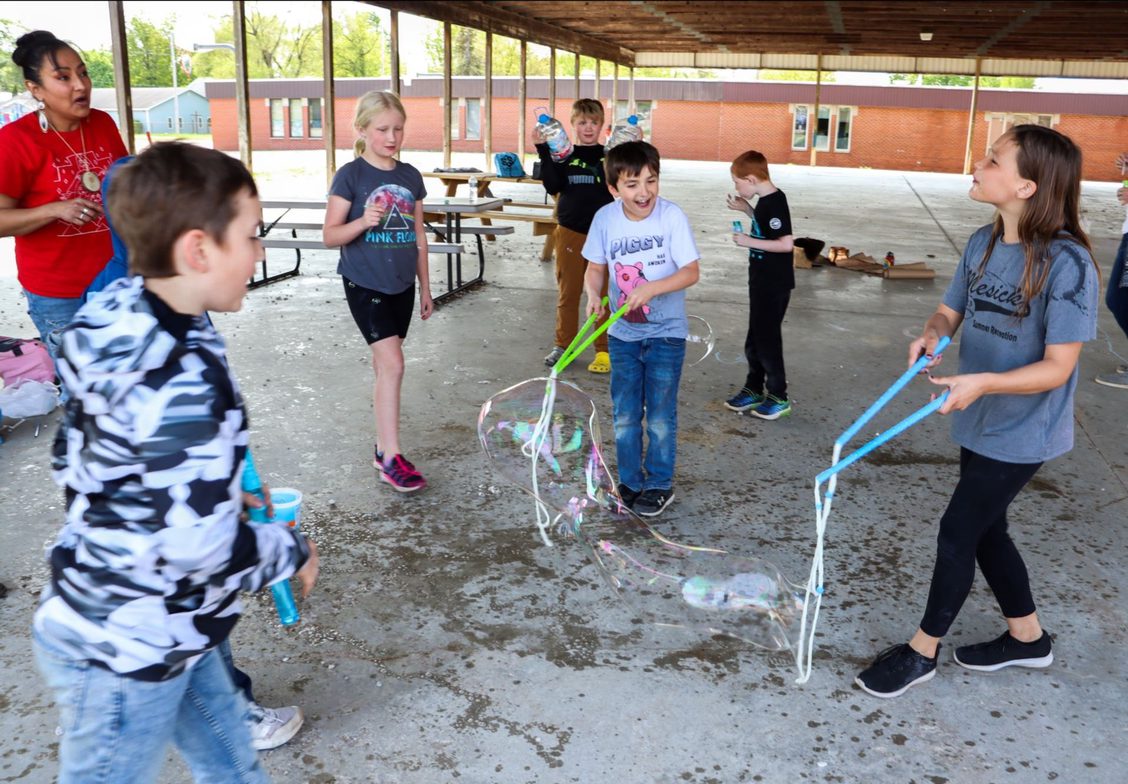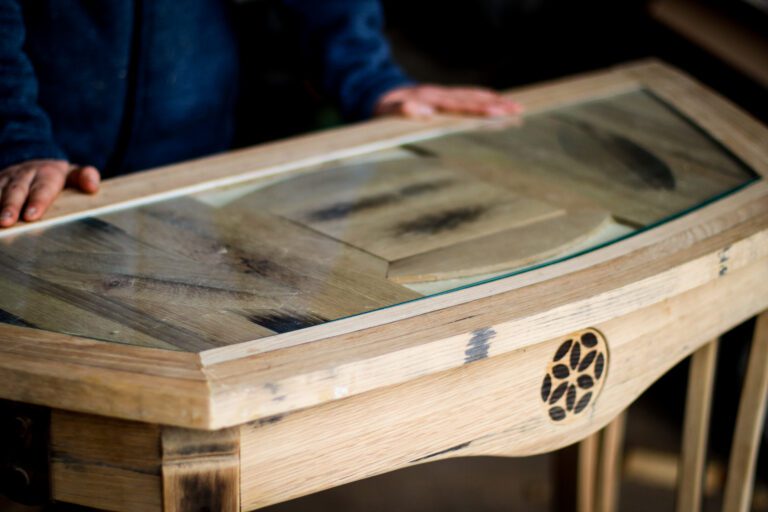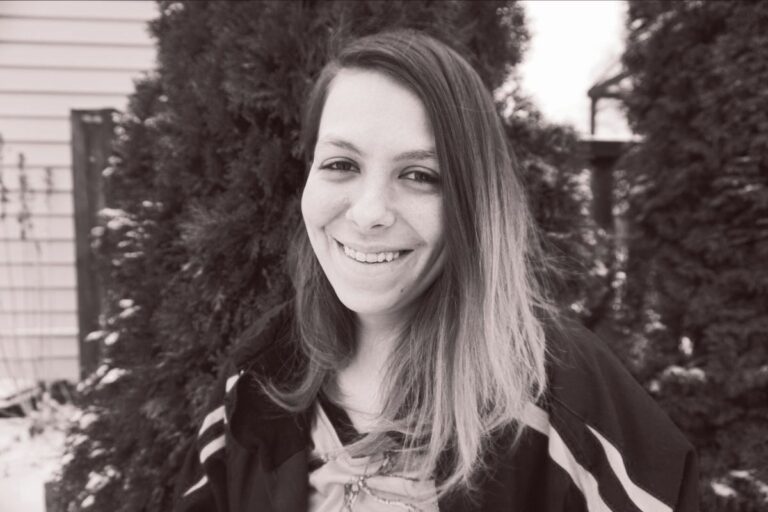SEEDS Ecology & Education Centers is rooted in Michigan — on lands long nourished by the Anishinaabek peoples. We know that the knowledge, traditions, and practices of our local indigenous communities are invaluable and deserve to be shared with all, especially the younger generations. On the shoulders of our youth is placed an infinite potential and a lot of inevitable healing work. They deserve to know more about this place, Ishkaakamikwe, and to practice living in harmony.
SEEDS is proactively investing in Traditional Ecological Knowledge (TEK) by connecting educators with our EcoSchool students. TEK is the on-going accumulation of knowledge, practice and belief about relationships between living beings in a specific ecosystem that is acquired by indigenous people over hundreds or thousands of years through direct contact with the environment, handed down through generations, and used for life-sustaining ways.
Our partners
Eric Hemenway
Eric is an Anishnaabe historian that has worked with students in Northern Michigan public schools for 15 years. His focus is on the history of the Anishnaabek and the historical relationship with the land, incorporating trees, waterways, lakes, wetlands and the wildlife that lives in these spaces. As an Anishnaabe, Eric’s perspective in relating this history provides valuable insight on the importance land in relation to history and how the history of the Anishnaabe impact today’s Michigan. See Eric in action for yourself by watching this National Park Service video about cedar at Sleeping Bear Dunes National Lakeshore!
Tera John
Tera has traditionally worked in land management and food sovereignty, and is enjoying the experience of sharing her knowledge with youth. Tera is doing a series of workshops with EcoSchool programs that each include a learning session and hands-on activity. Topic examples include the traditional Anishnaabe creation story and migration story of the 3 Fires Anishnaabe, indigenous foods such as the 3 Sisters teaching, historical land management systems, and traditional teachings regarding water.

Above: Students drill into a maple tree at Forest Area Middle School to start a maple sugaring tap.
Michigan 4-H Foundation and Joe Kreider
Joe Kreider was our site coordinator at Forest Area Middle School that revived the sugar shack. Now as the Michigan State University Extension 4-H Program Coordinator in Kalkaska County, we were thrilled for the opportunity to partner again over maple syrup season! The goal of this project was to teach students through hands-on experiential learning the history and cultural significance of maple-sugaring in this area among the Anishinaabek and how sugaring has developed over time. Students learned the basics of how to make maple syrup and maple sugar through hands-on experience tapping trees and boiling sap.





